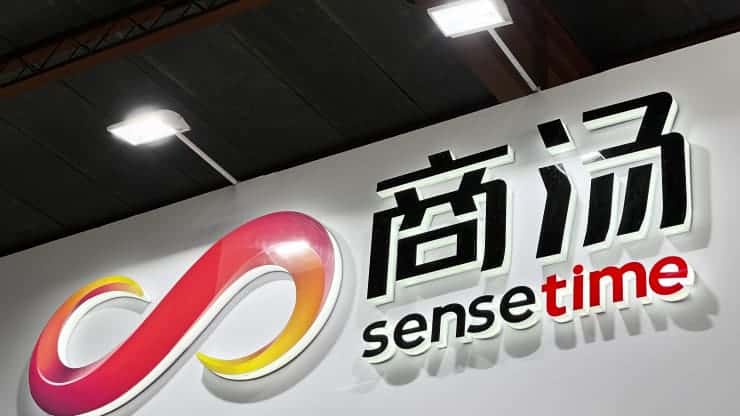Chinese artificial intelligence start-up SenseTime Group postponed its $767 million Hong Kong initial public offering (IPO) on Monday after being placed on a U.S. investment blacklist.
SenseTime said it remained committed to completing the offering and would publish a supplemental prospectus and an updated listing timetable.
Reuters first reported earlier on Monday the company’s plan to withdraw the offering and update its prospectus to include the potential impact of the U.S. investment ban, with the aim of relaunching the IPO process.
SenseTime had planned to sell 1.5 billion shares in a price range of HK$3.85 to HK$3.99, according to its regulatory filings. That would raise up to $767 million, a figure that had already been trimmed earlier this year from a $2 billion target.
However, instead of setting its listing price on Friday, as scheduled, it found itself in urgent talks with the Hong Kong Stock Exchange and its lawyers over the future of the deal amid reports about the looming blacklist.
Sensetime did not provide details on the timetable for a revised IPO in its filing to the Hong Kong Stock Exchange on Monday.
The company said it would refund all application monies in full without interest to all applicants who subscribed its shares in the offering process.
The U.S. Treasury added SenseTime to a list of “Chinese military-industrial complex companies,” accusing the company of having developed facial recognition programmes that can determine a target’s ethnicity, with a particular focus on identifying ethnic Uyghurs.
U.N. experts and rights groups estimate more than a million people, mainly Uyghurs and members of other Muslim minorities, have been detained in recent years in a vast system of camps in China’s far-west region of Xinjiang.
China denies abuses in Xinjiang, but the U.S. government and many rights groups say Beijing is carrying out genocide there.
SenseTime said in a statement on Saturday that it “strongly opposed the designation and accusations that have been made in connection with it,” calling the accusations “unfounded.”

